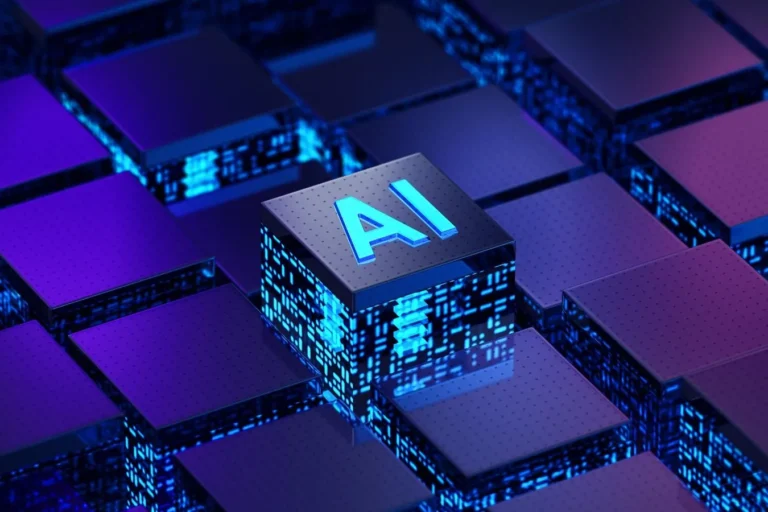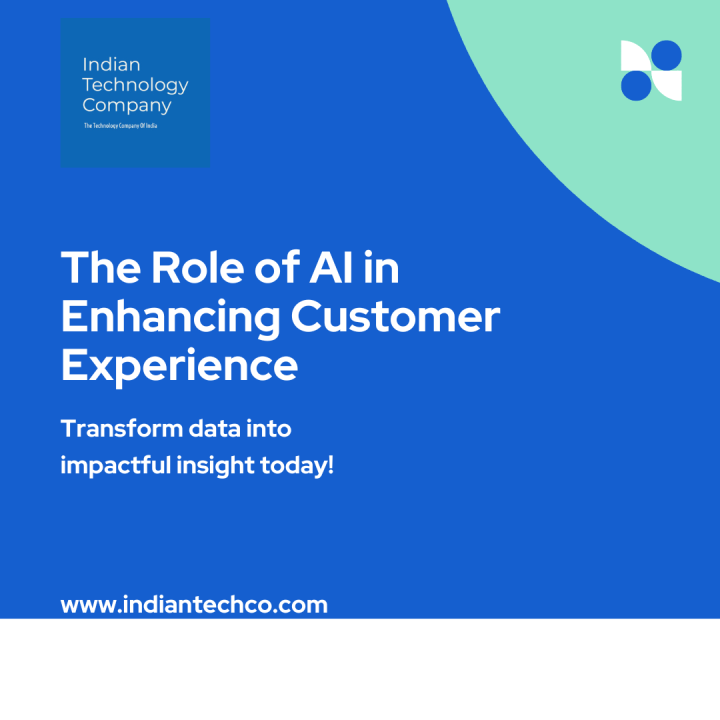Why Digital Transformation in Manufacturing is Important
Redesigning Operations with Indian Technology Firm
Today’s manufacturing industry worldwide is facing a radical transformation. From the resulting supply chain disruptions to increasing operational expenses and shifting customer needs, manufacturers are constantly under pressure to be quicker, intelligent, and more efficient than ever. That’s where digital transformation comes in—a strategic remake that utilizes technology to transform processes, improve productivity, and build future-ready manufacturing environments.
Although the term itself seems generic, its significance is real and extensive. Digital transformation is not an option for Indian makers who seek to compete in the international and domestic markets—it is a necessity. And it can be the key to making the transition smooth, scalable, and sustained with the help of an experienced partner such as Indian Technology Company.
What is Digital Transformation in Manufacturing?
Digital transformation in manufacturing is the deployment of digital technologies—like IoT, cloud computing, AI, big data analytics, robotics, and ERP systems—into all aspects of the production life cycle.
It takes manufacturers from:
Manual to automated processes
Reactive to predictive maintenance
Isolated to integrated data systems
Generic to customized product offerings
When manufacturers adopt these technologies, they can increase efficiency, lower costs, enhance quality, and have real-time visibility throughout the value chain.
Why It Matters: Digital Transformation’s Key Drivers
1. Increased Competition and Customer Demands
Competition has grown globally. Concurrently, customers expect faster shipping, customization, and quality consistency. The companies need to embrace digital technologies to keep pace with these expectations.
2. Supply Chain Instability
COVID-19, geopolitical pressures, and raw material volatility have revealed the vulnerability of traditional supply chains. Digital solutions provide end-to-end visibility, demand forecasting, and inventory optimization.
3. Labour Shortages and Skill Gaps
As skilled workers retire and expertise is in short supply, automation and smart systems fill the gap—enhancing human capability and minimizing the need for manual labor.
4. Sustainability and Compliance Pressure
Sustainability objectives and environmental regulations are causing manufacturers to lower waste, emissions, and energy consumption. Smart sensors and analytics enable monitoring and optimizing resource use.
5. Need for Cost Reduction and Margin Improvement
As margins narrow, producers are forced to accomplish more with less. Digital transformation enables the uncovering of inefficiencies, the removal of redundancies, and minimizing downtime.
Advantages of Digital Transformation in Manufacturing
Better Working Efficiency
Robotic automation of routine tasks, predictive maintenance, and real-time analysis result in major decreases in downtime and rework.
Knowledge-Based Decision Making
Integrated systems and dashboards enable producers to monitor KPIs, spot bottlenecks, and make quicker, wiser decisions.
Better Product Quality
Machine learning algorithms are able to identify defects early during the manufacturing cycle, providing increased quality control and reduced recalls.
Increased Supply Chain Resilience
Digital twins, IoT sensors, and AI-based forecasting offer greater supply chain planning and risk reduction.
Accelerated Innovation Cycles
Simulation software and rapid prototyping enable businesses to innovate products quicker and respond quickly to market changes.
Scalability and Flexibility
With cloud ERP and manufacturing execution systems (MES), manufacturers are able to scale operations across different locations and react to demand fluctuations in real-time.
How Indian Technology Company Facilitates Digital Transformation
At Indian Technology Company, we have expertise in taking manufacturing businesses through every phase of their digital transformation journey. What drives us is to help technology adoption into tangible business value in the real world.
Custom ERP Solutions
Our cloud-based ERP solutions fuse together manufacturing, inventory, finance, procurement, HR, and sales—providing real-time visibility and control throughout the manufacturing life cycle.
IoT-Supported Smart Factory Installation
We install sensors and industrial IoT (IIoT) solutions to monitor equipment, monitor energy consumption, and automate quality inspection—resulting in predictive maintenance and minimized unplanned downtime.
Implementation of AI and Data Analytics
We empower manufacturers to leverage the power of big data through AI-driven dashboards, demand forecasting, and process optimization tools.
Mobile and Cloud Applications
Our mobile apps, developed specifically for our clients, enable managers and floor supervisors to monitor operations, get notified, and approve on-the-move— boosting responsiveness.
Digital Twin Development
Leverage our simulation modeling know-how to enable clients to build digital versions of their factories and simulate production changes, safety models, and maintenance procedures virtually.
Cybersecurity and Compliance
We integrate strong data encryption, access controls, and monitoring systems so that your digital manufacturing ecosystem is secure and compliant with global standards.
Real-World Impact: A Client Success Story
A mid-sized auto component manufacturer in Pune partnered with Indian Technology Company to digitize their operations. Within six months of ERP and IoT implementation:
Downtime reduced by 27% through predictive maintenance
Inventory holding costs dropped by 18%
Production efficiency improved by 32%
Decision-making sped up with live dashboard analytics
The change not only streamlined internal functions but also made the company a top choice supplier to international OEMs.
Getting Started: The Digital Transformation Roadmap
We at Indian Technology Company adopt a systematic transformation process customized for the specific requirements of each manufacturer:
Assessment: Process audits, pain point identification, tech gap analysis
Strategy: Technology roadmap congruent with business objectives
Implementation: Deployable ERP, IoT, AI, and mobile solution
Training: Plant and IT team skill development
Monitoring: Ongoing optimization, support, and KPI tracking
No matter how you start small or seek an enterprise-wide change, we achieve measurable outcomes with low disruption and high ROI.
Conclusion
Manufacturing digital transformation is not about plopping new software on top—it’s about revolutionizing how products are produced, moved, and managed. It makes manufacturing agile, increases resilience, and positions manufacturers for the future of work and production.
Through collaboration with such a domain expert as Indian Technology Company, the digital journey is strategic, seamless, and sustainable. Along with proper tools, insights, and execution, your business will become proactive and truly intelligent, moving from being reactive and traditional.
FAQs
Q1: Biggest challenge in digital transformation for manufacturers?
Resistance to change and lack of digital readiness from personnel. Indian Technology Company offers customized training programs to ease this transition.
Q2: Is digital transformation within reach for small to mid-sized manufacturers?
Yes. We have modular solutions that can grow with your company, providing high value at affordable prices.
Q3: How much time does the digital transformation process take?
It can take anywhere from 3 to 12 months depending on the scope, but tangible results are often visible in the first few months.
Q4: Do we have the ability to integrate current systems with new tools?
Yes. We deal in legacy system integration and deploy with minimal disruption.
Q5: Do you provide after-sales assistance?
Yes, we do provide 24/7 assistance, upgrades, and monitoring of performance after implementation.






